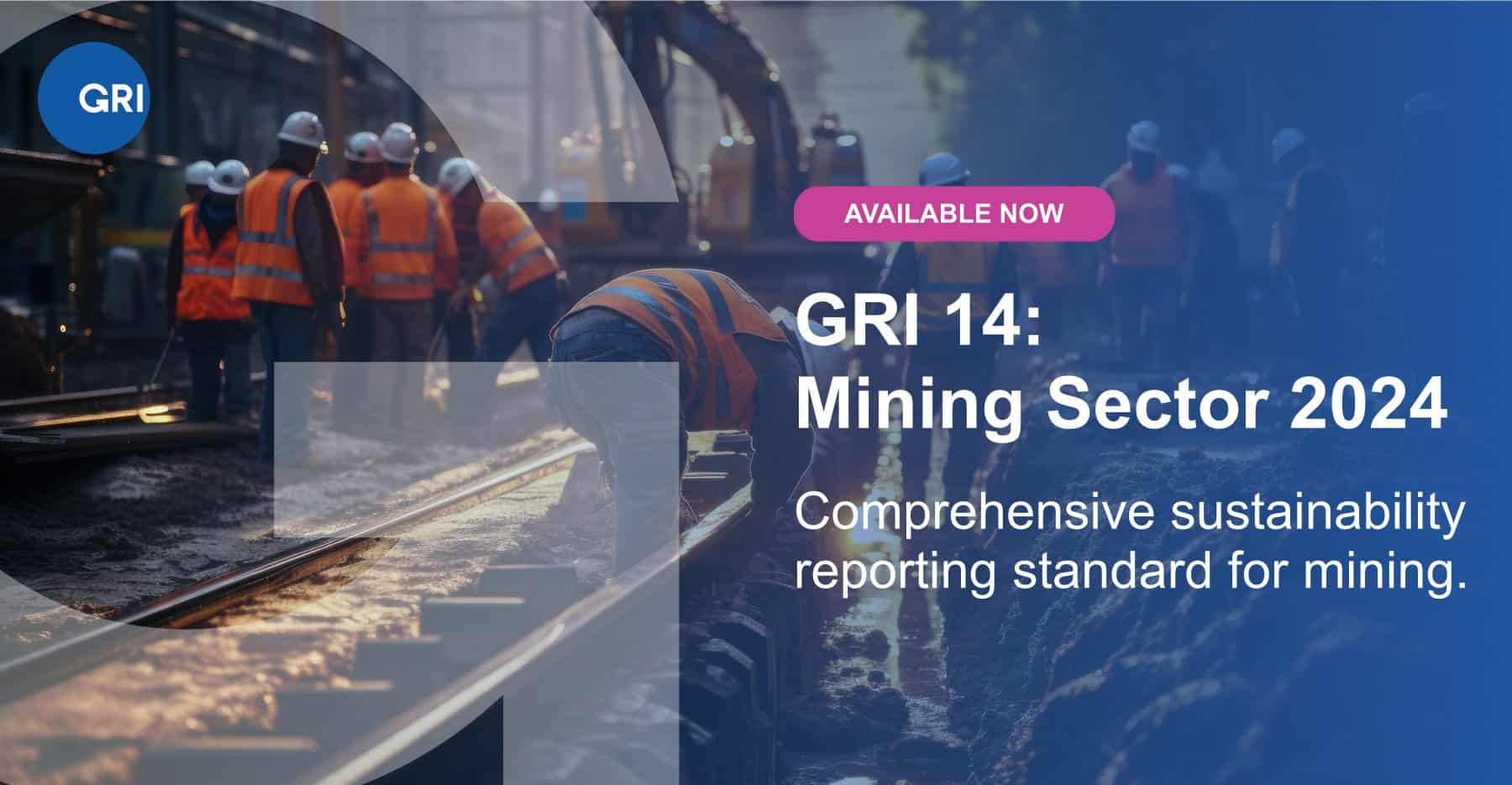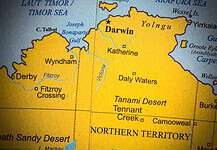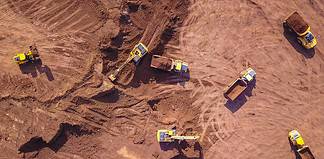Sustainability standard for global mining sector

A first global standard that addresses the sustainability impacts of the mining sector has been launched.
The GRI Mining Standard, GRI 14: Mining Sector 2024, was developed with stakeholders in the industry and enables mining companies to use a common set of metrics to report their impacts.
It sheds light on the dual nature of the mining sector – providing essential minerals and metals that society relies on, while having significant impacts on the environment, communities and workers.
GRI’s Global Sustainability Standards Board (GSSB) chair Carol Adams says that from a sustainability standpoint, the position of mining is complex, in that it is both part of the solution and the problem.
“The low-carbon transition cannot be realised without key minerals that the sector provides – yet mining operations can have deep and damaging impacts on both nature and people,” she said.
“We need detailed, consistent and globally comparable reporting on the most significant impacts of mining companies, which this new GRI Standard will deliver.
“Importantly, it will help mining organisations to improve how they communicate with key stakeholders on the issues that matter most to build trust with communities.”
As fourth addition to GRI’s Sector Standard series, the Mining Standard addresses 25 topics that are likely material for companies in the mining sector, including:
- Expectations for site-level transparency that reflect local impacts, helping stakeholders assess impacts and risks by location and specific minerals;
- Critical themes that range from emissions to waste, human rights to land and resource rights, climate change to biodiversity, anti-corruption to community engagement;
- Three new topics not previously addressed by GRI yet are of specific relevance to mining firms: tailings management, artisanal and small-scale mining, as well as operating in conflict zones.
GRI 14 is published at a crucial time as policymakers and regulators increasingly focus on the responsible supply of minerals, with multiple stakeholder groups scrutinising the impacts of the sector.
The Standard will support mining companies to meet these widespread disclosure and due diligence needs, including to provide investors and downstream customers with information to make informed investment and sourcing decisions.
Expert inputs were included from EITI, IRMA, International Council on Mining and Metals (ICMM), Copper Mark, the OECD, and Global Industry Standard on Tailings Management (GISTM).
The independent multi-stakeholder working group appointed by the GSSB comprised representatives from the following mining companies and organisations: Anglo American, Coeur Mining, ICMM, Newmont, South32 and World Gold Council.







































